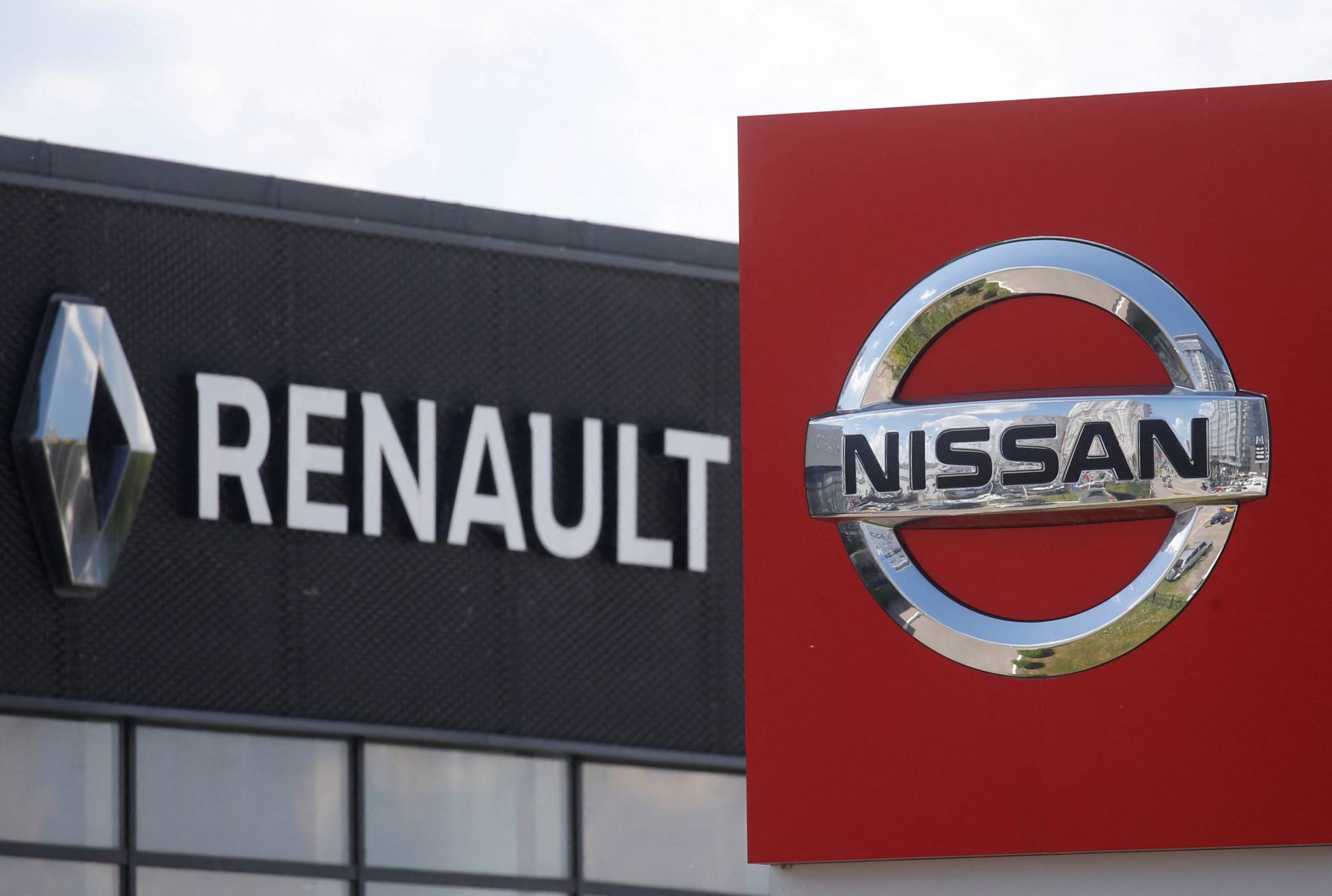Nissan's negotiations with its partner and top shareholder Renault are focused on optimizing their investment in electric vehicles and strengthening their competitiveness as equal partners, the Japanese automaker's CEO said on Friday.
Negotiations between Renault, also Nissan's top shareholder, have less than two weeks remaining to meet a Nov. 15 target the automakers had set to reach a deal, according to people with knowledge of the talks.
Nissan's Chief Executive Makoto Uchida declined to comment on whether an agreement could be reached this month. But he said he was talking with Renault Chief Executive Luca de Meo every weekend and the talks would be "ongoing for the future."


















With your current subscription plan you can comment on stories. However, before writing your first comment, please create a display name in the Profile section of your subscriber account page.